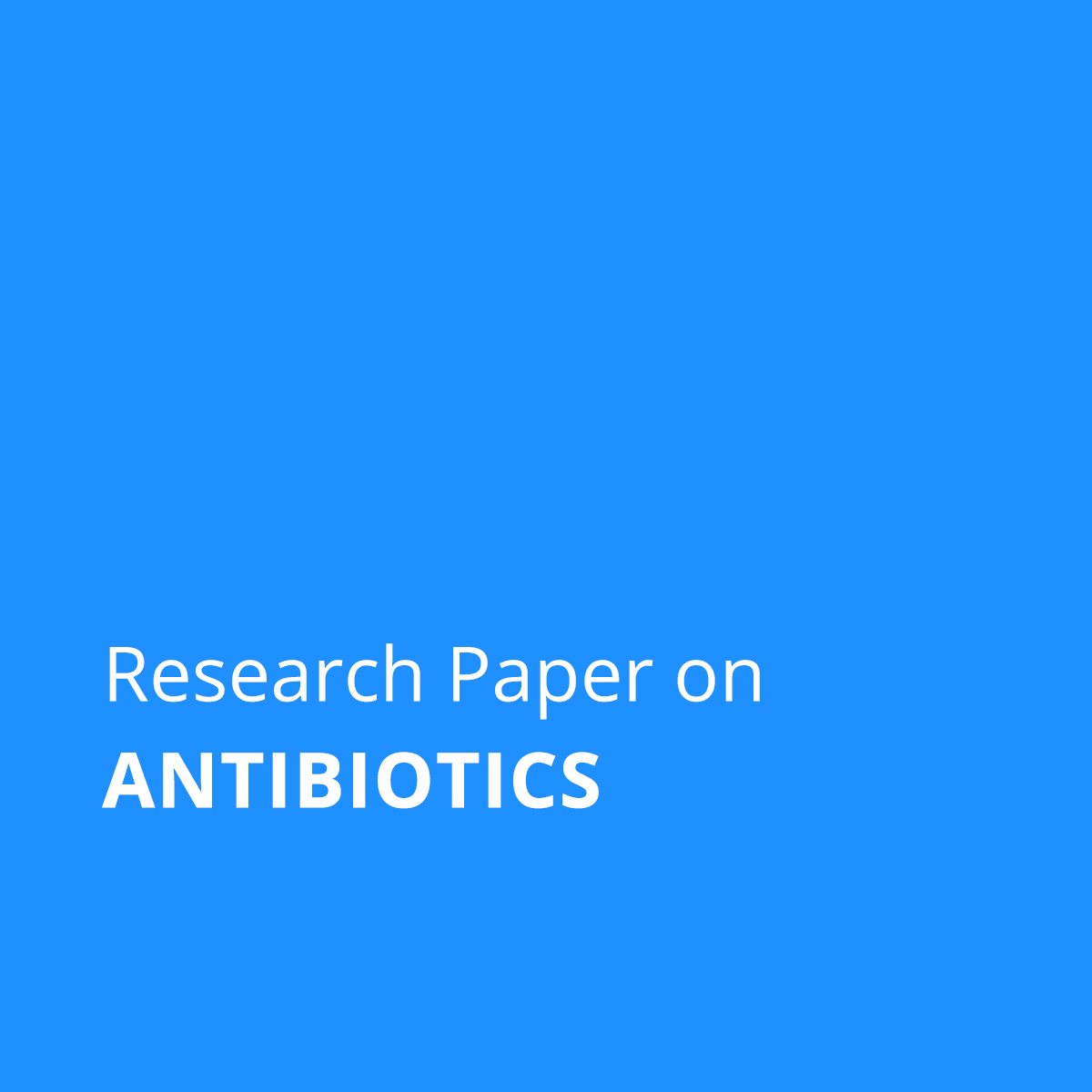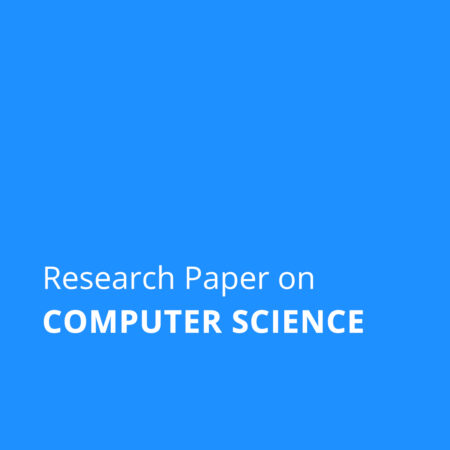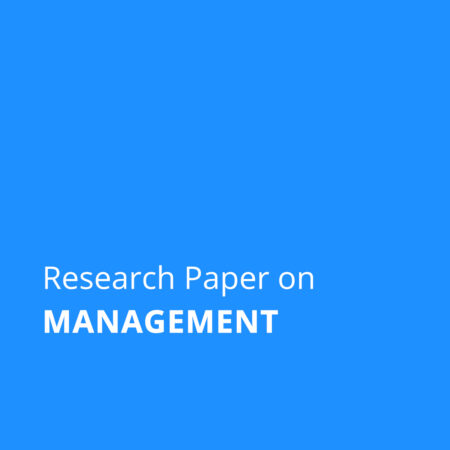Description
Title: Indian Pet Practitioners’ Attitudes, Opinions, and Work Preferences Regarding Antimicrobials
Abstract: Antimicrobial resistance has its roots in the indiscriminate and excessive use of antibiotics in companion or pet animals (AMR). Very few studies have evaluated the factors that pet practitioners may use that may contribute to AMR, such as written policies on antimicrobials, dose rates prescribed, use of critically important antimicrobials, and prescription of antimicrobials during clean surgical procedures. A questionnaire containing 33 closed-ended questions on various parameters, including the dosage regimen and level of compliance towards guidelines of the World Health Organization (WHO), other pertinent veterinary associations, and their opinion while prescribing antimicrobials, was used in the current study to conduct an online cross-sectional survey among randomly selected pet practitioners (n = 104) of various Indian provinces and union territories. Nearly every practitioner among the 104 respondents had mentioned issues with owner compliance, such as incomplete antibiotic courses, inappropriate follow-ups, and poor treatment of sick animals. More than half of practitioners (64%) said there were no antibiogram facilities available, while the majority (95%) of practitioners said owners self-prescribed antimicrobials before bringing their pet(s) to the veterinary clinic. In addition, many practitioners (76%) indicated that in the absence of prompt laboratory results, empirical treatment based on their experience was the primary factor in choosing an antibiotic. Although it has been asserted that antimicrobials are not always necessary in clean surgical procedures, it is surprising that the majority of pet practitioners (97%) reported using them to lessen post-operative complications. It has also been reported that various infections have been treated with the highest priority, critically important antimicrobials (HPCIA) listed by the WHO for humans, particularly quinolones and third-generation cephalosporin. The lengths of treatment were almost identical to those suggested by the Danish Small Animal Veterinary Association (DSAVA) for various conditions. Chi-square tests analysis revealed a significant correlation between the prescription of antibiotics restricted for critically important infections in human medicine by veterinarians with less experience (less than 5 years). However, there doesn’t appear to be a correlation between the practitioner’s experience and the other investigated parameters, such as prescribing an antimicrobial regimen, weighing the animals before prescribing, calculating dose rates, and choosing and using an antimicrobial after clean surgical procedures. The results point to the need for routine AMR surveillance, for periodic awareness campaigns among practitioners, for educating pet owners about antimicrobial resistance, and for emphasizing the value of using antimicrobials responsibly on their animals.
Keywords: antimicrobial resistance; India; survey; pet practitioner; companion animals
Paper Quality: SCOPUS / Web of Science Level Research Paper
Subject: Antibiotics
Writer Experience: 20+ Years
Plagiarism Report: Turnitin Plagiarism Report will be less than 10%
Restriction: Only one author may purchase a single paper. The paper will then indicate that it is out of stock.
What will I get after the purchase?
A turnitin plagiarism report of less than 10% in a pdf file and a full research paper in a word document.
In case you have any questions related to this research paper, please feel free to call/ WhatsApp on +919726999915



Reviews
There are no reviews yet.